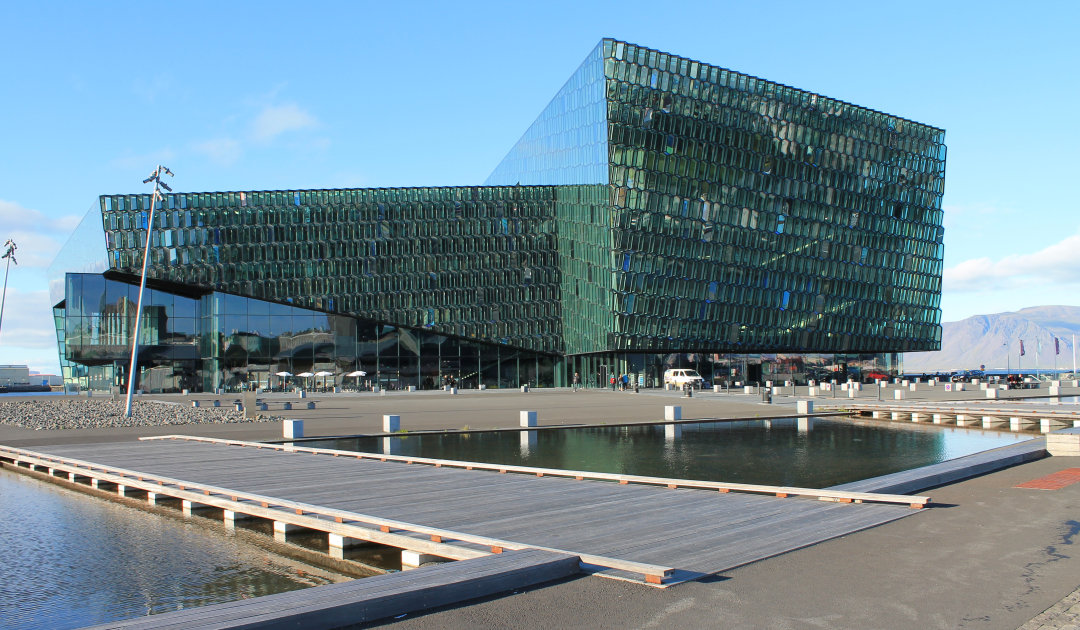
In the Arctic, countless interests meet, some of them similar, sometimes contradictory. Because a trademark of the High North is the diversity due to the different countries bordering on it. But other nations, meanwhile, have expanded their interests to the far north, too. To provide a platform for this diversity, the Arctic Circle Assembly was launched in 2013 and has now become the largest conference for Arctic affairs. This year, however, this important and groundbreaking conference must be cancelled. The reason is the same as everywhere: COVID-19.
Last Monday, the former president of Iceland and founder of the Arctic Circle, Ólafur Ragnar Grímsson, announced via Twitter that this year’s conference would be cancelled for good and postponed until next year. The meeting, which takes place every year in October, will be postponed due to the COVID-19 pandemic, he wrote on Twitter. In its place, the next four forums will be held in Berlin, Tokyo, Greenland and Abu Dhabi. These regional forums are a kind of satellite conferences set up for specific topics. For example, the Berlin Forum is dedicated to science and politics and is accordingly hosted by the German Ministry of Education and Research and the Ministry of Foreign Affairs. The cancellation of the conference was justified by the Arctic Circle Secretariat with the re-outbreak of COVID-19 in Iceland last week. The country, which became the first country in Europe to call SARS-CoV2-free in June, saw an increase in numbers last week, with 23.7 cases per 100,000 inhabitants.

The cancellation of the conference is not surprising, as some important meetings and conferences have already been cancelled or postponed due to the virus pandemic. Nevertheless, it is disappointing for some of the participating groups, as several important events have taken place in recent weeks and months that will have an impact on the future of different groups and nations. In addition to the main issue of climate change and its impact on the Arctic region, the impact of the COVID pandemic and the discussion of possible panarctic or at least bilateral measures to protect the Arctic population would also have been important. The US’s push for Greenland and the Faroe Islands on education, security and the economy, which was made clear by US Secretary of State Mike Pompeo’s visits to the two countries, would also have been an important issue, especially for Denmark. For the actions of the US and Greenland’s response to this push caught the Nordic country cold. Even for Greenland, which showed itself to be a confident and up-and-coming nation at last year’s meeting, the cancellation is somewhat unfortunate. After all, the Greenlandic Prime Minister certainly would have liked to underline the impression of the past year once again.

But Greenland will soon have the opportunity to present itself again on the international stage. Although the country has shut down its opening policy due to the new COVID situation in neighbouring Iceland and the Faroe Islands and has imposed entry restrictions this week, it intends to hold its own Arctic Circle forum soon. Important issues such as geopolitics, climate change, resource development and tourism will then be on the agenda for Greenland. However, it is not yet known when and in what way this forum will take place. Much depends once again on the further development of COVID-19 and thus on a small virus that has managed to bring all the big ones in the Arctic to their knees.

Dr Michael Wenger, PolarJournal
More on the subject:





